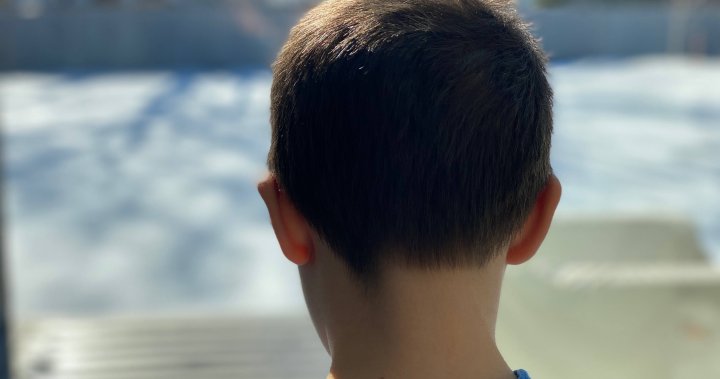The Island of Montreal has seen a significant increase in the number of cases that youth protective services, such as the Batshaw Youth and Family Centre, have had to handle over the past decade. Reports have spiked by 114 per cent in the last 10 years, with a nearly eight per cent increase in the number of children under the care of Batshaw services in the West Island in just one year. Many of these cases are related to conjugal violence or neglect, raising concerns among officials. This surge in cases has put a strain on case workers, as youth protection services are often the first resort when there are issues in a household.
Apart from the increase in caseloads, there is also a lack of staff at Batshaw, with 26 vacancies currently unfilled. Batshaw’s director-general, Linda See, explains that the labor shortage is taking a toll on workers who are trying to support families, but filling these positions is challenging, particularly due to difficulties in hiring bilingual intervenors. This shortage of staff further complicates the already complex situation of dealing with a high number of cases related to conjugal violence and neglect. The inability to say no to those seeking help complicates the already overloaded workload of the case workers, highlighting the need for more resources in the youth protection sector.
Reports of conjugal violence are on the rise according to Guylaine Simard, the director of the West Island Women’s Shelter. She mentions having to turn away victims of abuse due to the shelter being at full capacity, a situation that leaves many vulnerable individuals without the resources and support needed to escape harmful environments. Simard emphasizes the emotional and mental toll that living in a home with conjugal violence can have on children, highlighting the need for targeted support for these vulnerable individuals. Both Simard and Lee advocate for more resources to be allocated to help families, particularly focusing on the children who are the most affected by these situations.
The situation on the Island of Montreal is indicative of a broader issue within the youth protection services sector, where increasing demands are being placed on workers who are already stretched thin due to staffing shortages. The annual review of youth protection services highlights the growing need for additional resources and support for families facing issues such as conjugal violence and neglect. The inability to turn away individuals seeking help further complicates the workload of case workers, underlining the urgency of addressing these systemic challenges to ensure the well-being of vulnerable children and families in the community.
In conclusion, the rise in cases related to conjugal violence and neglect on the Island of Montreal has put a strain on youth protective services, such as the Batshaw Youth and Family Centre. The increase in reports and the lack of staff have made it difficult for case workers to provide the necessary support to families in need. Resources, particularly bilingual staff, are needed to alleviate the burden on existing workers and ensure that vulnerable individuals, especially children, receive the assistance they require. The situation underscores the importance of addressing staffing shortages and increasing support for families facing crises in order to safeguard the well-being of those in need of protection and assistance.


